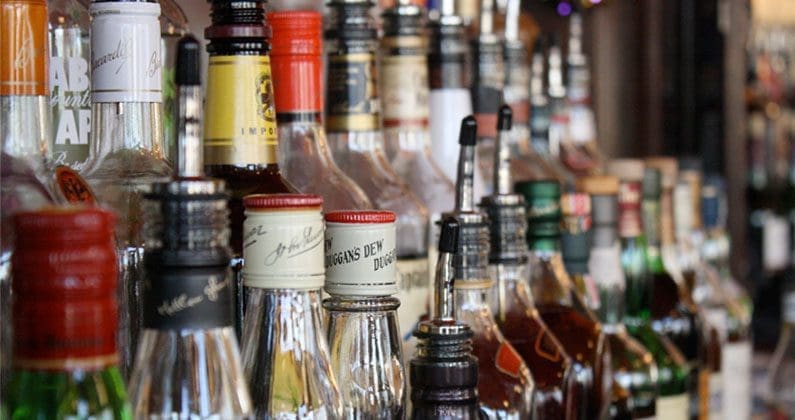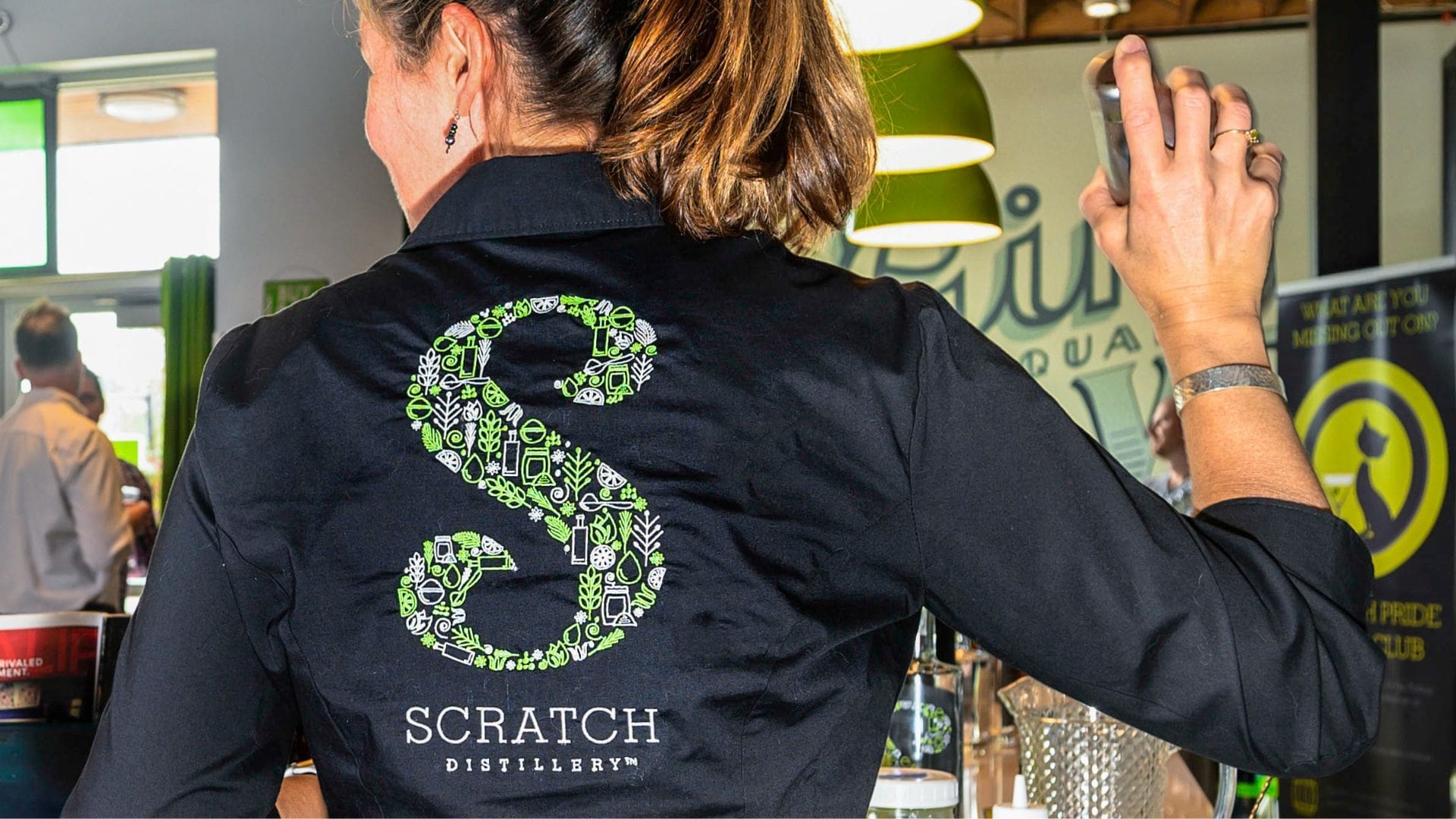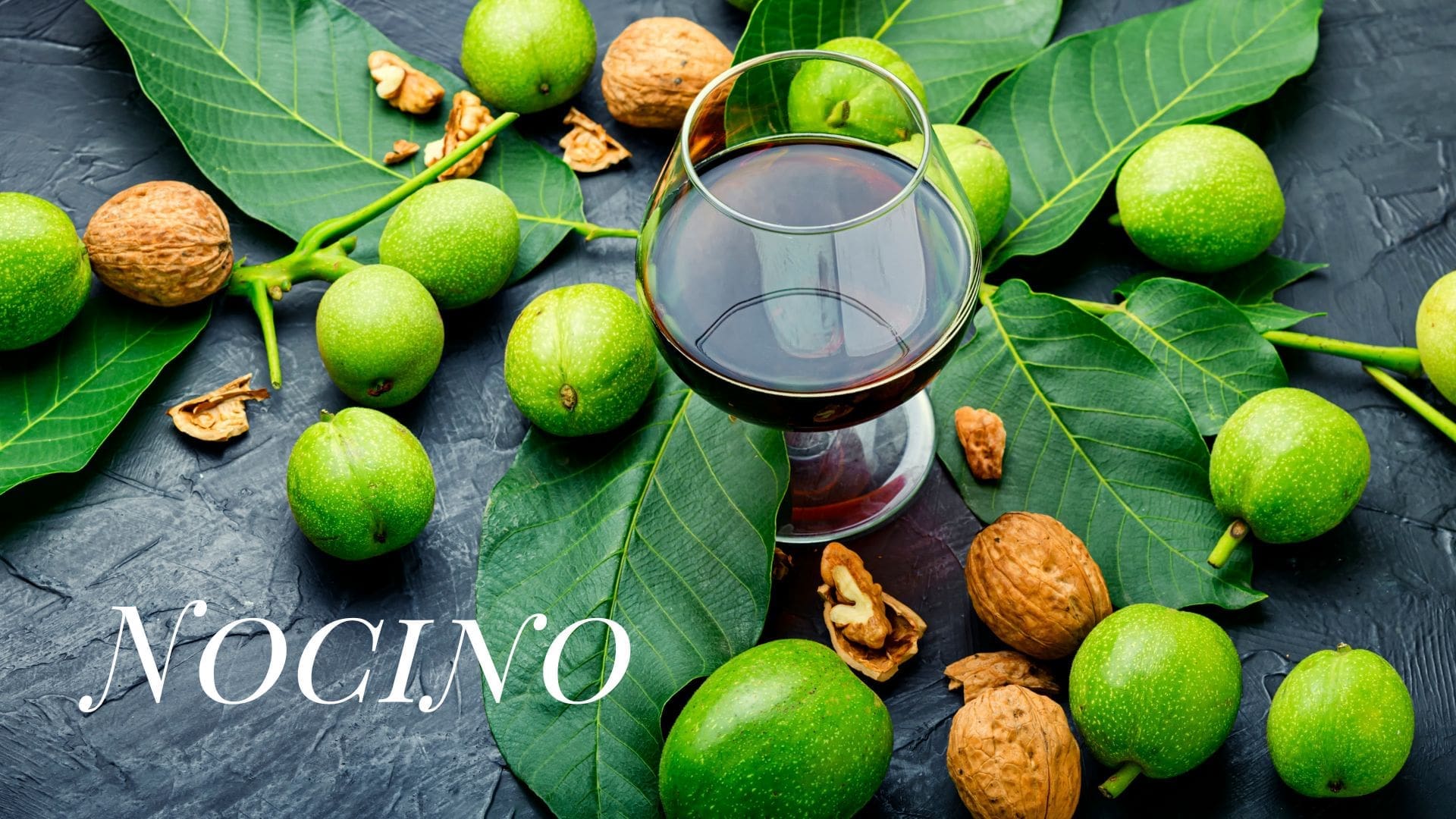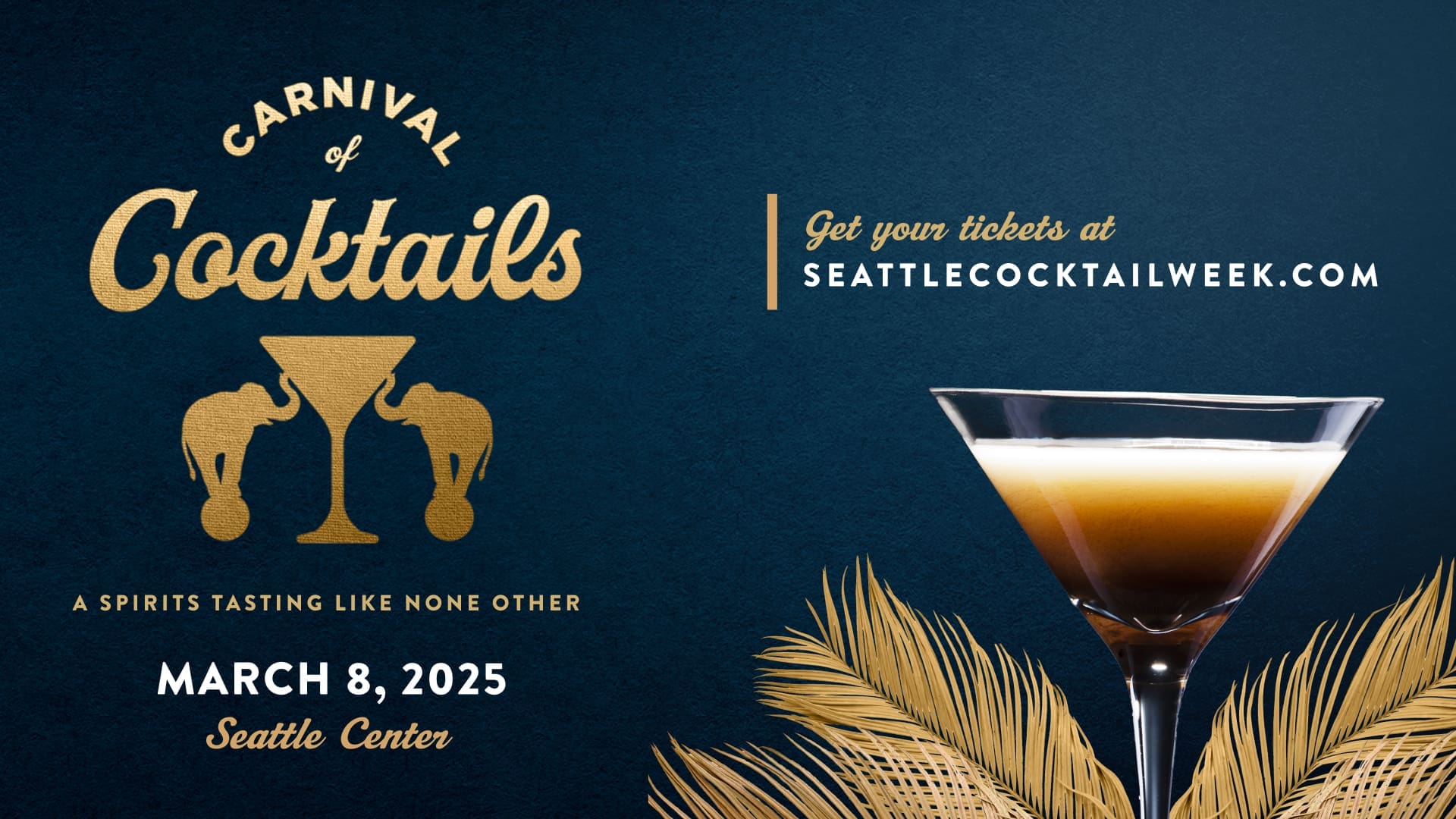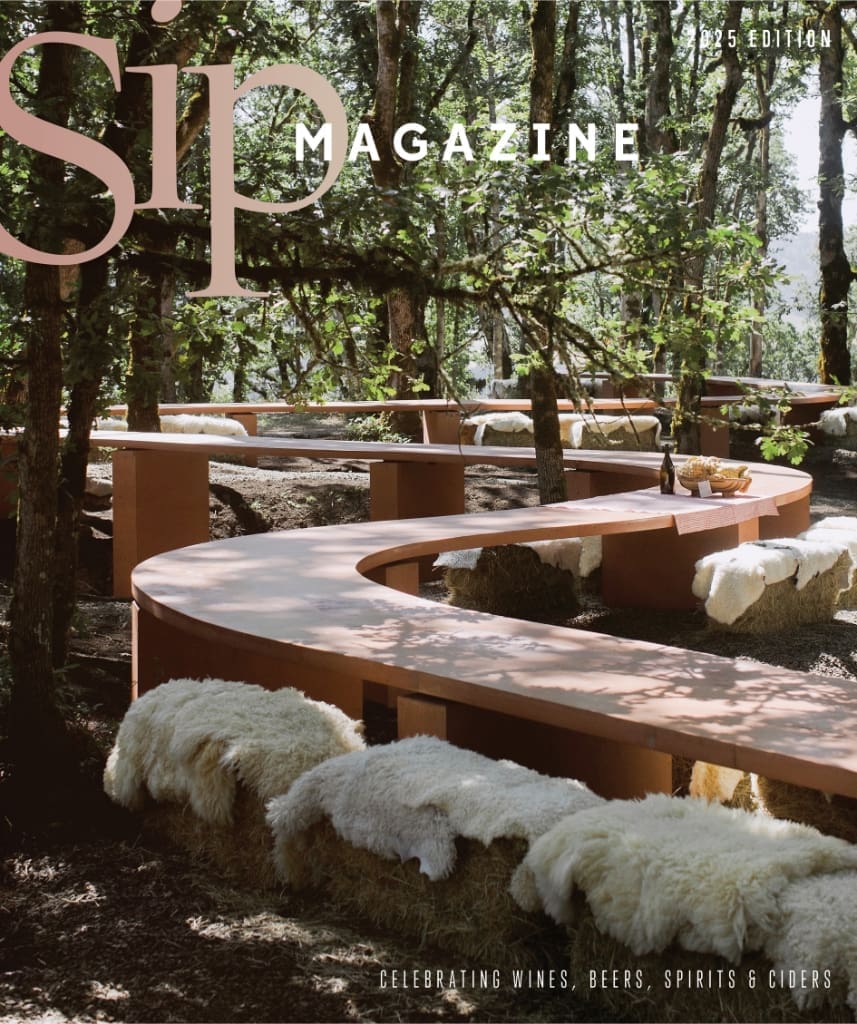Welcome back to the final installment in our three-part series on building a home bar. We covered how to build the framework of your bar in Part I and shared advice on finding the right equipment, tools and serving pieces for your bar in Part II. Today, it’s time to talk about stocking your bar. Stocking your bar can become a costly endeavor, so I’ll share some of my favorite bottom shelf alternatives, in addition to some top shelf splurges. There are also some strategies about where and when to shop for spirits.
To get started, focus in on the basics. You don’t need every bottle for every recipe when you’re first getting started. Think about what your favorite cocktails are to drink and/or serve to guests as a starting point. A bottle each of whiskey, gin and vodka is enough to get most people started. Throw in a bottle of an orange curacao or another liqueur, some bitters and a dry or sweet vermouth and you’re on your way to making dozens of drinks.
You like Negronis? Grab the liqueur Campari and buy some sweet vermouth. If you like daiquiris or margaritas, swap some tequila or rum for the vodka. You get the idea. Start with what you know and branch out from there.
Let’s talk about buying and storing perishable ingredients. Fresh citrus — for garnishes and juice — is a must. For a couple of bucks, you can grab a lemon and a handful of limes each time you go to the grocery store. This way, you’ll always have them on hand. Store in the refrigerator to extend the shelf-life of the citrus. You know what else lasts longer in the refrigerator? Vermouth. Since vermouth is lower in alcohol than spirits, only about 20 proof, it will spoil much quicker at room temperature. Protect your investment and store it in the fridge, where it will last for three to four months.
The spirit I go through the most in my home bar is whiskey, so I always keep a couple different styles on hand. Rittenhouse rye is 100-proof and makes excellent drinks like Manhattans and Boulevardiers. For whiskey sours and whiskey gingers — drinks that aren’t as spirits-forward — I opt for a less expensive option like Old Overholt rye or Evan Williams bourbon. Trade-offs like these are the ways I keep my costs low. I like to have some splurge-worthy bottles of whiskey and single malts for sipping, but generally shelve those just out of reach. Locally speaking, some of my favorites are Skip Rock‘s rye, the bourbon from 2bar Spirits and Westland‘s single malt, all hailing from Washington.
Gin is crucial for making many classic cocktails: Aviations, Negroni, gin fizzes and so many more. There are many styles of gin to choose from, however, some work better in a gin and tonic than, say, a Martini. For this reason, I keep a few different bottles of gin on hand. Where do you start? I think Aviation Gin out of Portland is a great gateway gin that works in many styles of drinks. Big Gin from Seattle is excellent as well. Both are a solid starting point for determining what style of gin you like. I usually have some Boodles as my less expensive option and some Beefeater, a classic choice for Martinis.
Tequila, vodka and rum are all bottles that are required only if you make drinks calling for them. Rum and vodka are essential in my own bar, since my spouse loves sweet, fruity drinks. I long ago fell down the rabbit hole of tiki drinks too, so I stock several styles and ages of rum. The point is, you don’t need to stock your bar with every style, strength, age and quality of spirit when you’re just getting started. Take it slow and begin with the spirits that are essential for the cocktails you like to drink and serve.
As you get started stocking your bar and making cocktails more regularly at home, a great way to learn more about spirits and taste a variety of styles is to visit a distillery, of which there are dozens of in the Pacific Northwest. Many distilleries offer tours or at least tastings, and most sell their products too. Other great sources are specialty wine and liquor shops like Esquin in Seattle, Hollywood Beverage in Portland or Legacy Liquor in Vancouver, BC. Costco has great prices, so does the duty-free shop at the U.S.-Canadian border. You rarely find small batch or specialty options at those spots, but they can be great for things like Campari, aged rum, Maker’s Mark and other big brands.
We hope this series has inspired you to set-up your own home bar. Remember, even if it’s just a cupboard in your kitchen, den or garage, you can start making delicious drinks at home for a fraction of the cost. And when you do enjoy cocktails out at a bar or restaurant, you’ll be even more inspired by new ingredients, flavors, styles or techniques. Cheers!

